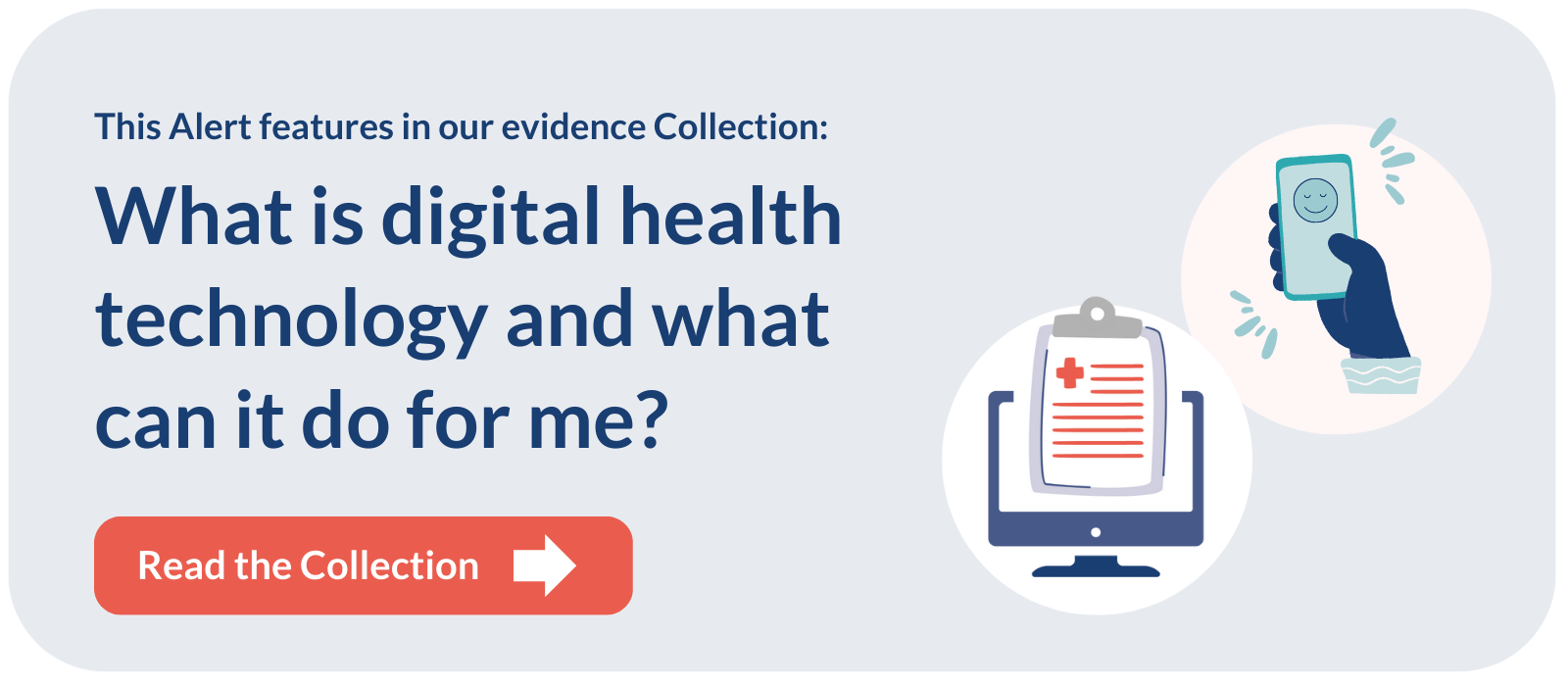Please note that this summary was posted more than 5 years ago. More recent research findings may have been published.
This is a plain English summary of an original research article. The views expressed are those of the author(s) and reviewer(s) at the time of publication.
Patients who used apps to remind them to take their medication were more likely to say they took it as prescribed. A review found that patients were twice as likely to say they followed the information given by their prescriber (adhered to their medication) if they used an app.
Taking medication as prescribed is important to maximise its benefits for patients, and to avoid costs to the NHS.
Mobile apps could be a convenient and inexpensive tool for increasing adherence to medication. Patients could consider using currently available apps. However, a consistent method is needed to assess adherence and the value of apps before they can be recommended by healthcare professionals.
What’s the issue?
Roughly half of all patients do not take their medications as prescribed. This leads to poorer health for patients and additional costs for the NHS. The Department of Health estimated in 2014 that non-adherence adds £930 million per year to healthcare costs in England.
Any interventions to improve adherence must be reliable and convenient. There are many apps available but their effectiveness has not yet been evaluated thoroughly. This review could inform large-scale research.
What’s new?
This study is part of the Programme on Adherence to Medication (PAM), a 5-year NIHR programme designed to develop a convenient and low-cost intervention to support adherence to medication. The researchers reviewed existing research into patients’ use of apps to help them to take medication as prescribed. They pooled data from nine relevant studies which included 1159 patients in total. The patients had a range of disease types and were using a range of medications and apps.
Overall, patients who used reminder apps were approximately twice as likely to say they took their medications as prescribed compared with those who did not use apps. All nine studies reported that their app-delivered interventions were effective. However, the effectiveness of apps varied from study to study, and in five studies the interventions had only a small effect that was not significant.
There are several possible explanations for the variation in performance of the apps. It could be due to differences in the patient groups. Older patients may feel less confident using apps, for example, and patients with more severe disease may be more motivated to keep using their apps.
The methods used to measure adherence varied across studies. Some methods are less reliable than others; memory may not be reliable when patients self-report and they may answer in the way they think is expected. The difference in effectiveness could also be explained by differences in the apps themselves. It is possible that apps which are more personalised to the individual, for example using artificial intelligence to include tailored information such as a patient’s beliefs about taking medication, mood, quality of life, age and disease duration, were more effective than others that were less personalised.
Why is this important?
Non-adherence to medication leads to harm for both individual patients and healthcare organisations. Apps are convenient and may be effective in increasing adherence. However, current guidance from the National Institute for Health and Care Excellence (NICE) recognises that no specific intervention can be recommended to increase medication adherence at present. NICE states that any suggested interventions should be tailored to an individual patient’s needs.
This study suggests that apps could soon present a modern-day method to personalise interventions to increase adherence.
What’s next?
Future research is needed to establish:
- the effectiveness of apps in a greater number of patients
- a reliable and objective method of measuring adherence
- which characteristics of apps make them effective
- over what period of time apps are effective.
The results of this review are being used to inform future research and have been used in the development of an adherence app, which is currently being tested.
You may be interested to read
The full paper: Armitage LC, and others. Do mobile device apps designed to support medication adherence demonstrate efficacy? A systematic review of randomised controlled trials, with meta-analysis. BMJ Open 2020;10:e032045
National Institute for Health and Care Excellence (NICE) clinical guidelines on medication adherence, published in 2009 and reviewed in 2019
Funding: This research was funded by the NIHR Programme Grants for Applied Research and NIHR's Collaboration for Leadership in Applied Health Research and Care (CLAHRC).
Conflicts of Interest: The researchers declare no conflicts of interest.
Disclaimer: Summaries on NIHR Evidence are not a substitute for professional medical advice. They provide information about research which is funded or supported by the NIHR. Please note that the views expressed are those of the author(s) and reviewer(s) and not necessarily those of the NHS, the NIHR or the Department of Health and Social Care.
NIHR Evidence is covered by the creative commons, CC-BY licence. Written content and infographics may be freely reproduced provided that suitable acknowledgement is made. Note, this licence excludes comments and images made by third parties, audiovisual content, and linked content on other websites.
